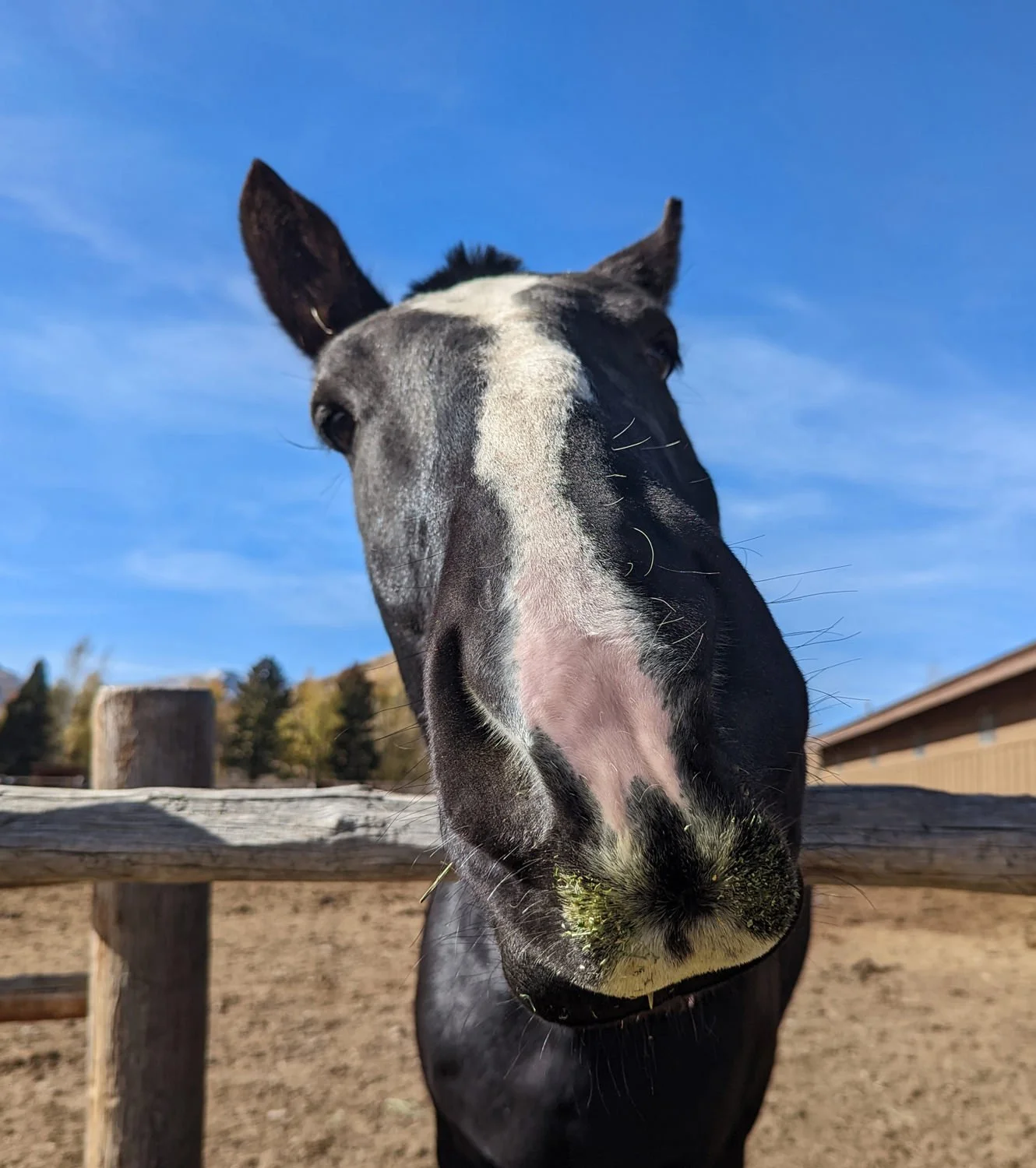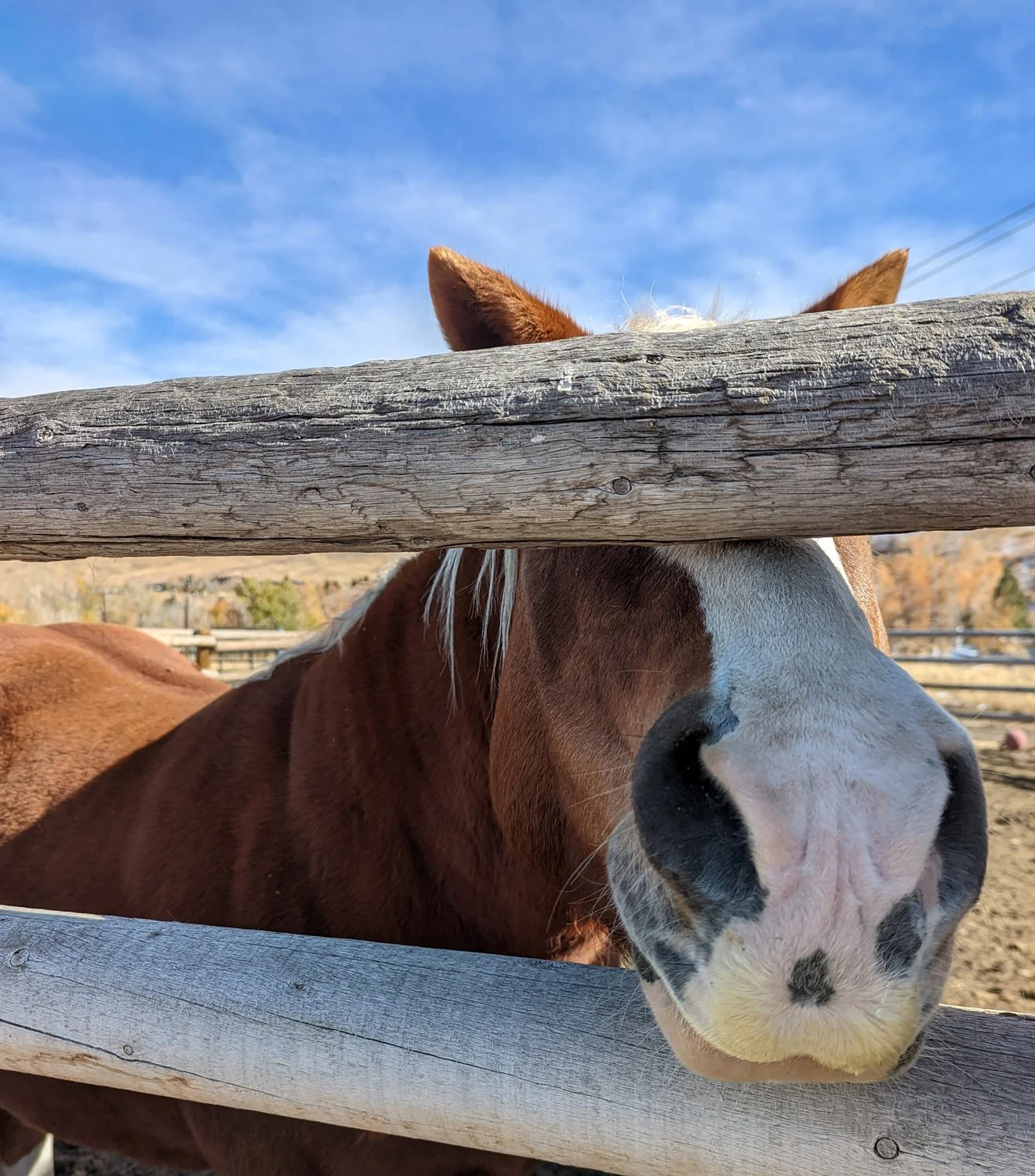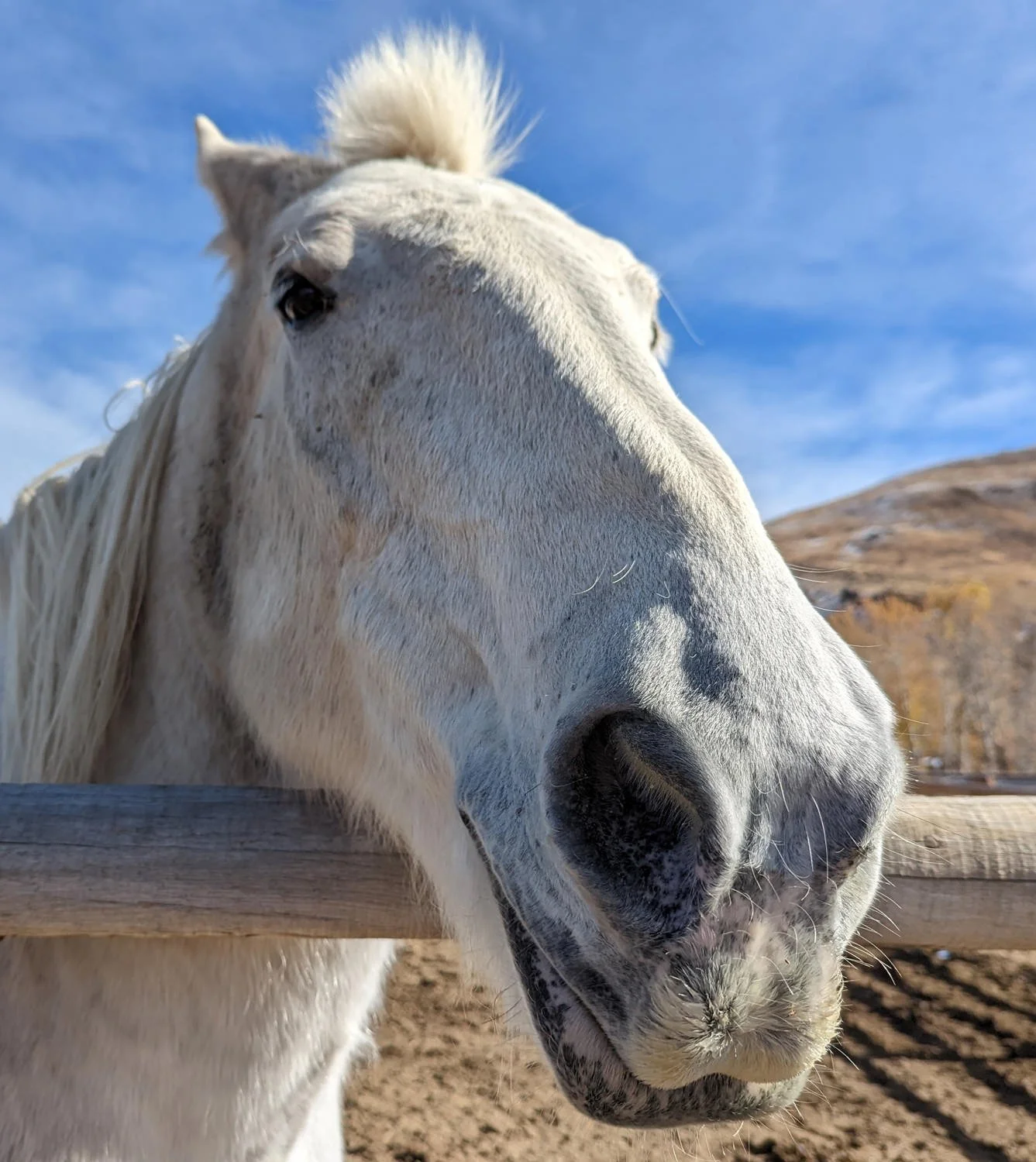Protecting Horses From Cruelty and Abuse (Around the World)
I wasn’t going to share the simple ways I’m attempting to protect horses from cruelty and abuse (around the world) and how others can, too, because I was afraid to talk about this.
It’s taken me a long time to share what I’m about to share because it’s taken me a long time to realize how profoundly uncomfortable I’ve felt around many in the horsemanship arena.
I’ve loved horses since I was little.
Like other little girls my age, as soon as I could, I bought horse magazines with my hard-earned money so I could learn everything possible about horses.
I carefully pulled the prettiest pages from my horse magazines and taped them on my bedroom wall, lining them up neatly, of course.
Back then, someone always had a horse or three in their backyard. I rode ponies and horses with neighbors and friends whenever I was invited. I wished I could ride horses every single day.
I simply loved watching and being in the presence of horses. I loved their soft muzzles, their warmth, and their smell. I related to horses who were anxious yet gentle.
On my eighth birthday, I hoped to receive a cowboy hat. My dad walked me into our old local western store, smiled, and told the clerk we were there to buy this little gal a cowboy hat.
I loved going to horse camp, where I unexpectedly learned how to ride English style. Sally was the tallest horse in the English stable. I might have been the smallest camper.
As someone afraid of heights, Sally’s calm and steady caretaking brought me comfort and joy. Even on steep trails. I thought I was the luckiest camper, riding Sally.
One winter, I placed just one request on my Christmas list. I thought that would guarantee I’d receive the only gift I really wanted (as my previous pleadings went unanswered). A horse.
My dad promptly reminded me that our land was not ideal for horses. Our ground was too shady (wet) and only a few acres. He was correct, and I’m so grateful he never caved.
Plus, my piggy bank could not yet cover the lifelong expense of a horse. I had to seek other ways to enjoy horses.
I learned that renting trail or beach horses would never be ideal. They were almost always neglected and typically spent the entire ride truly wanting to return to their base camp.
My cousin was a big rodeo rider. He wore a ten-gallon cowboy hat. His thumb was pulled off while roping, then sewn (along with his hand) into his stomach, so it could eventually reattach.
Just knowing my cousin had horses left me in awe.
Eventually, I researched large barn events with potential opportunities and volunteered for a non-profit where horses were used therapeutically.
Yet, no matter the domestication steps taken in the horse world, I felt like I was the only human who noticed the ever-present force (harm) used on horses—by humans who always justified it.
One summer, in Canada's western interior, I witnessed horses running wild—long manes flying in the wind, fiery coats shimmering in the sun. Mother Nature helped me see.
Horses are meant to run free.
Recently, right before heavy snow began to fall, I took a walk out in the cold. That walk brought me to the beautiful horses on this page.
These sweet (and slightly mischievous) horses greeted me as I walked the pathway through their corrals. These horses reminded me that I needed to share what I’m about to share.
For them and every other individual.
Like humans, horses seek out opportunities to live and roam free—where, when, and how they want. Because nearly all individuals have these needs.
We humans live and roam free. We decide how to spend our day, whom to socialize with, and what we let others do to us.
We are not here to be owned, trapped, harnessed, weighted down, or ridden. We are not here to be yelled at, forced into bits, pulled by the mouth and neck, hit, kneed, kicked, or whipped.
It’s also wrong to kill us, to pay someone else to kill us, taste us, eat us, or use our body parts for any reason. We are not a delicacy for egos to brag about.
In fact, we’re horrified if anyone even talks about doing such things to us. If any of this happens, it’s frightening; it’s abuse; it’s criminal.
We do not exist to be controlled, destroyed, or consumed.
And if anyone claims such acts are a cultural tradition that should be honored with respect? We now know traditions are not superior. Traditions are simply what we do until we know better.
Humans now know better.
So wherever I’m traveling or living, to the best of my ability, I intentionally choose behavior that protects horses from cruelty and abuse. Everyone else can do this, too.
I no longer participate in carriage riding, horse racing, or rodeos
I no longer put bits in the mouths of horses or ride horses
I do not tolerate those who verbally or physically harm horses
I am aware of the toxicity of horse meat and the facts about horse slaughter
I am not killing or paying someone else to kill horses, taste horses, or eat horses
I verify that there are no horse body parts or horse products in the items I buy
I let horses be.
If I do cross paths with a horse, I give them quiet space.
If they’re comfortable with that space, I gently share loving words.
If they seek out a little nudge or a rub, I lovingly give them that, too.
Horses are beautiful, living, breathing individuals.
Horses get to decide.


